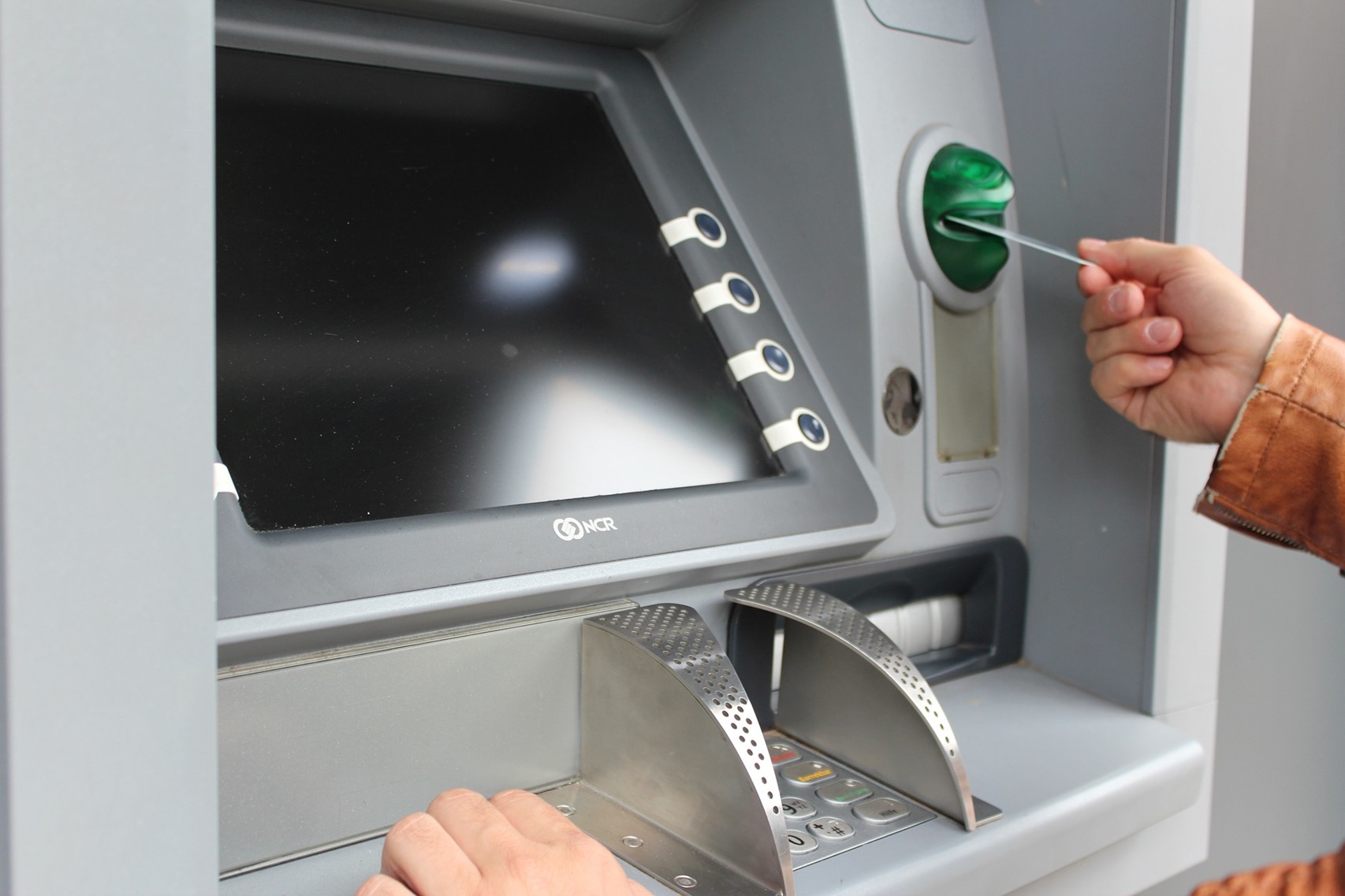Reports from the local media in Philippines reveal that its 7th-largest bank by assets, the Union Bank of Philippines, has launched a 2-way cryptocurrency ATM earlier this week, allowing users to buy and sell crypto conveniently through the machine.
In the bank’s continued quest to cater to the evolving needs and tastes of customers, including clients who use virtual currency, the ATM will provide these clients an alternative channel to convert their pesos to virtual currency and vice versa, said the bank in a press statement.
Media outlet PhilStar reported that the Union Bank had followed all regulation set by the nation’s central bank. The former said in a statement,
In the bank’s continued quest to cater to the evolving needs and tastes of customers, including clients who use virtual currency, the ATM will provide these clients an alternative channel to convert their pesos to virtual currency and vice versa.
As is the case with many Asian countries, remittance and cross-border payments are a key focus for the new asset class. The central bank in early 2017 formed some regulation for the space and asked exchanges in the region to register with it, as PhilStar recaps:
The circular requires virtual currency exchanges to register with the BSP as remittance and transfer companies. These exchanges are also required to put in place adequate safeguards to address the risks associated with virtual currencies, including control measures to counter money laundering/terrorist financing, technology risk management systems, and consumer protection mechanisms.
A Possible Boost in Adoption?
Crypto ATMs and kiosks, like the ones run by Coinstar, are growing in popularity globally. Over 4,000 Bitcoin ATMs exist currently, and that number continues to rise. However, given that it depends on other factors such as user friendliness and scalability, it remains to be seen how much of a boost in adoption cryptocurrency ATMs can offer in the short run.
The existence of these ATMs will be most significant to those who lack documentation and live in struggling economies, such as Venezuela. Citizens can withdraw usable funds without worrying about documentation or volatile national currencies – even though Bitcoin comes with its own volatility. The mere existence of an extra option for payment may pay off in the long run as the other fundamentals of the technology come together.
IIB previously reported that Bitcoin ATMs were on the rise, with 5 new ones being installed everyday – and the Americas seem to be the hub for this activity at the moment. Certainly, it makes purchase and use a little easier for the lay investor, and builds good foundational infrastructure for the future.

